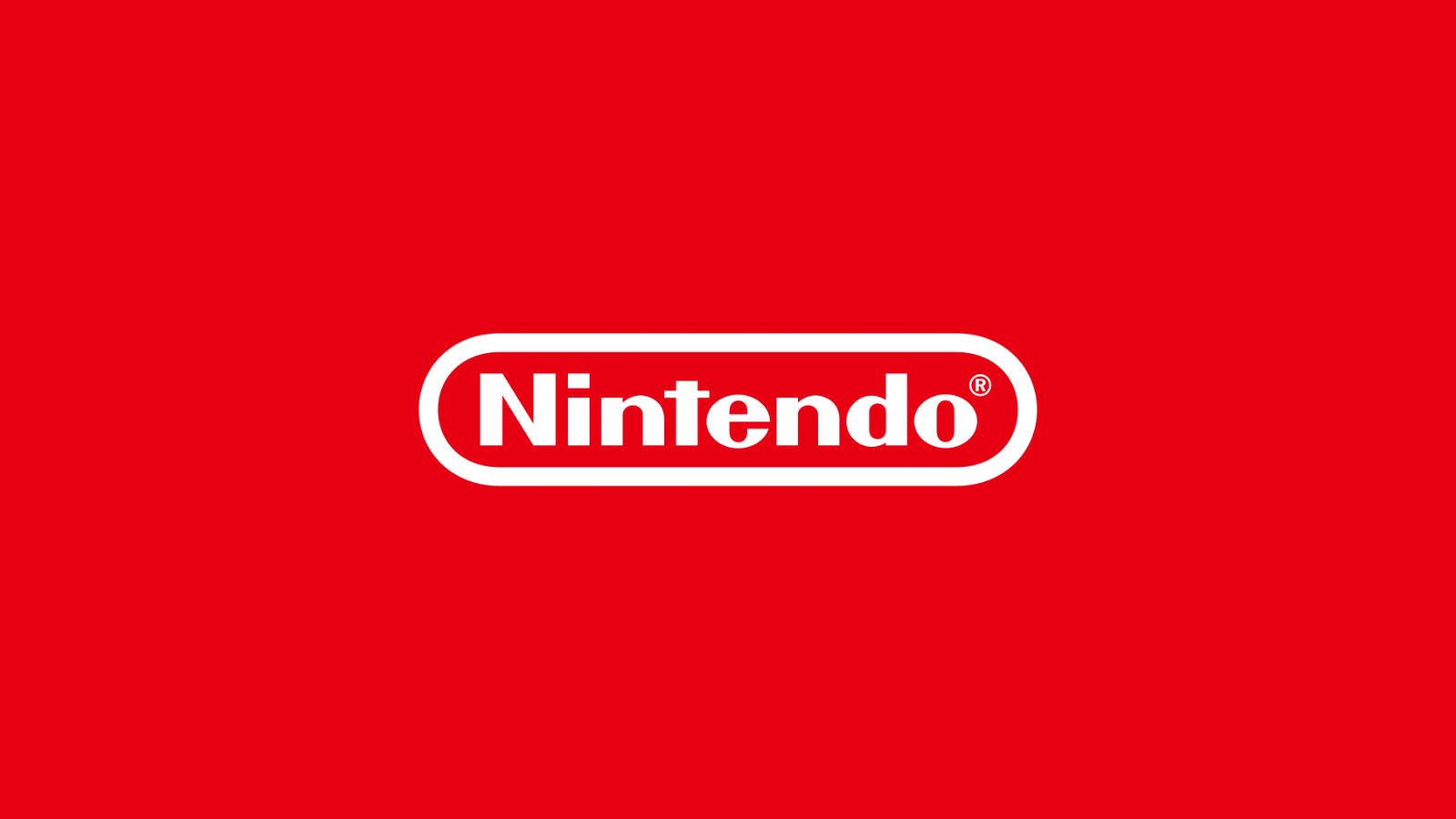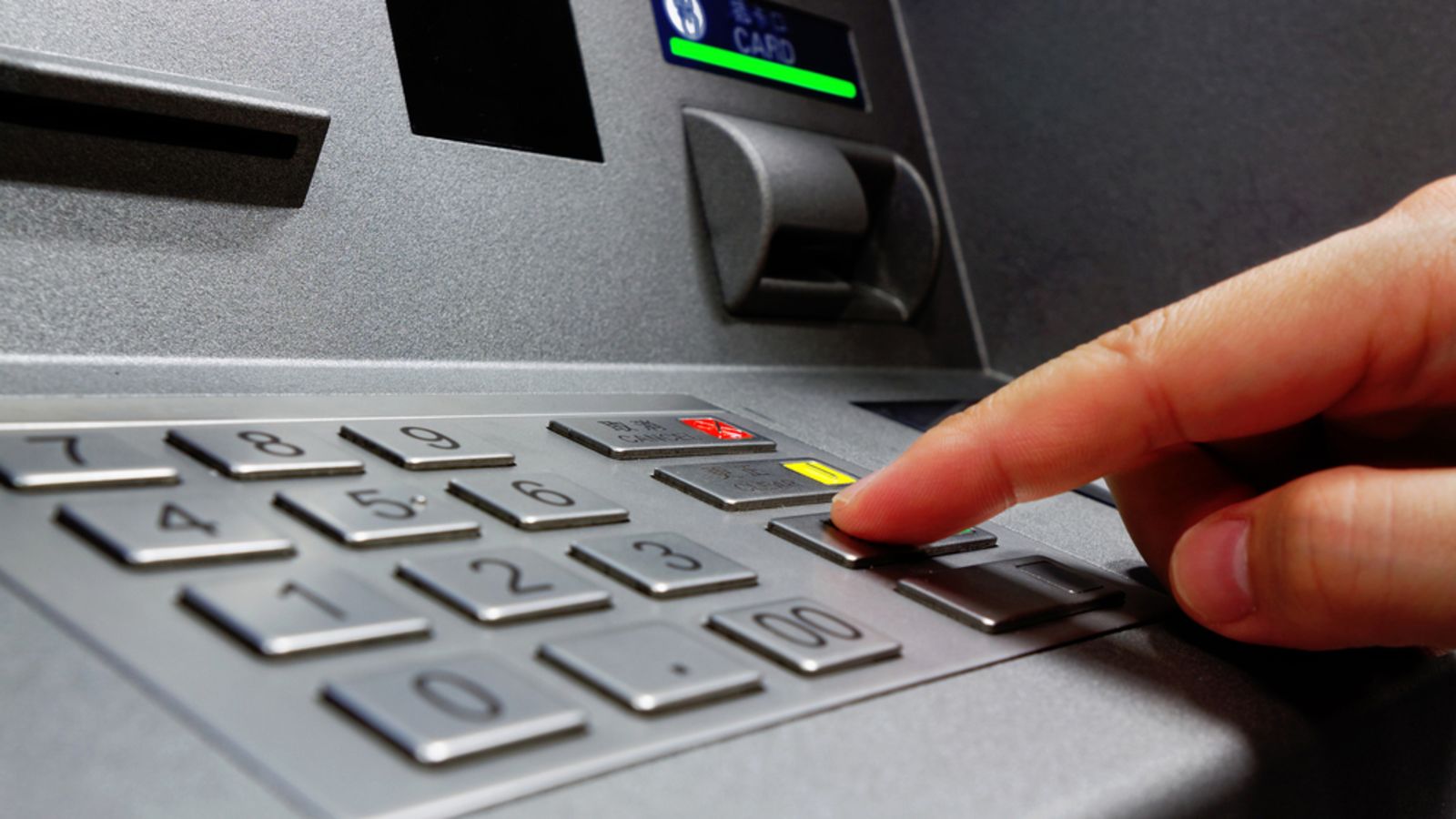
NZBXS.com Goes Offline and Gives Away User Details to ‘BREIN’
- The Usenet indexer NZBXS.com has now been taken offline following the identification of its operator by BREIN.
- The Dutch copyright protection organization claims to be holding user details shared by the owner of the site.
- The users who had access to the site’s API and were leading the infringement activities will now receive a warning.
BREIN, the Dutch intellectual property protection organization, has announced a settlement with the administrator of the popular Usenet indexing site NZBXS.com, which has gone offline now. The person who ran the site was identified by the organization and agreed to share user data with them before he wrapped up the project forever. The unnamed person stated that NZBXS started as a hobby project and never grew out of proportion, but it was still a place where thousands of people gathered to share hyperlinks to illegal downloads.
The links pointed to movies, videos, music, games, apps, and ebooks, so the operation of NZBXS.com raised serious copyright infringement problems that incurred damages to the rightsholders. BREIN has a history of targeting Usenet indexers for this reason, like, for example, taking down ‘Place2Home’ back in the summer of 2018. Although Usenets gradually took the back seat in piracy and generally entered an era of demise, some remained popular central hubs, and NZBXS was playing a key role in directing people to the last remaining active platforms in the field.
Technically, Usenets are worldwide discussion systems where internet users can exchange information. They have been around since 1979 and started as online places to share news stories and enter into interesting discussions in threads similar to what is found in forums. Soon, they went from news readers to illegal file-sharing platforms as users realized they could freely engage in piracy in this widely unregulated space.
On the matter of user identities, Usenets follow a trust-based design in their network and obscure the true identity and location of users who post stuff there. Unlike P2P swarms, IP addresses aren’t shown to other users, but the server has knowledge of which IP has connected to it for a download. NZBXS has shared its server logs which should contain people’s IP addresses, and if these users didn’t hide behind a VPN connection, they would now get into trouble. Also, since NZBXS allowed people to create accounts, it may also contain revealing email addresses and other information.
BREIN states they simply want to contact some of these people, possibly to warn them about the illegal nature of their activities, or maybe identify the most prolific file sharers and launch legal action against them. Most likely, users who had access to NZBXS API will just receive a warning from BREIN not to engage in illegal file-sharing activities again in the future.













